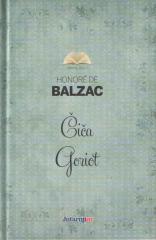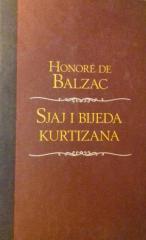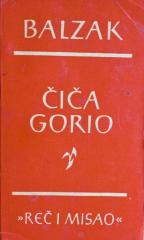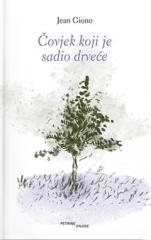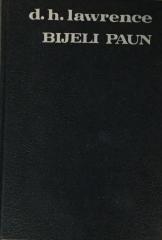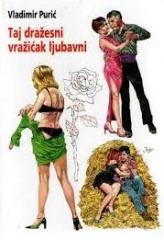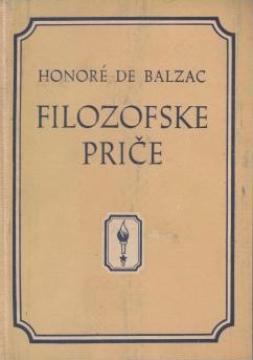
Filozofske priče
Philosophical Tales is part of Balzac's "Human Comedy", and includes four stories – The Shangri-La, The Elixir of Long Life, The Unknown Masterpiece and Melmoth the Penitent – that explore philosophical, moral and metaphysical themes through complex chara
These stories combine Balzac's ability to realistically portray human nature with metaphysical questions about desire, art, mortality, and morality. His style is rich, symbolic, and deeply introspective, making these stories a timeless exploration of the human condition.
Shangri-La Skin: The young Raphael de Valentin, desperate and poor, is given a magical shangri-la skin that grants every wish but shortens his lifespan. Balzac explores greed, the power of desire, and the cost of materialism. Raphael's obsession with wealth and pleasure leads him to a tragic end, where he realizes that true satisfaction lies beyond the material.
Elixir of Long Life: The story concerns Don Juan, who tries to cheat death using an elixir left to him by his alchemist father. However, the elixir only works partially, reviving only parts of his body, leading to a grotesque denouement. Here, Balzac questions the human obsession with immortality and the limits of science.
Unknown Masterpiece: The painter Frenhofer works for years on the perfect painting, but his obsession with perfection leads to the destruction of the work. Throughout the story, Balzac explores artistic passion, the illusion of perfection, and the conflict between reality and ideal. Frenhofer's painting, invisible to others, symbolizes the impossibility of achieving an absolute vision.
Melmoth the Penitent: Inspired by Maturin's novel, the story follows Melmoth, a man who has made a pact with the devil for eternal life, but is looking for someone to take on his burden. He meets Castanier, a banker who faces moral dilemmas. Here, Balzac examines temptation, sin, and the possibility of redemption.
Two copies are available
